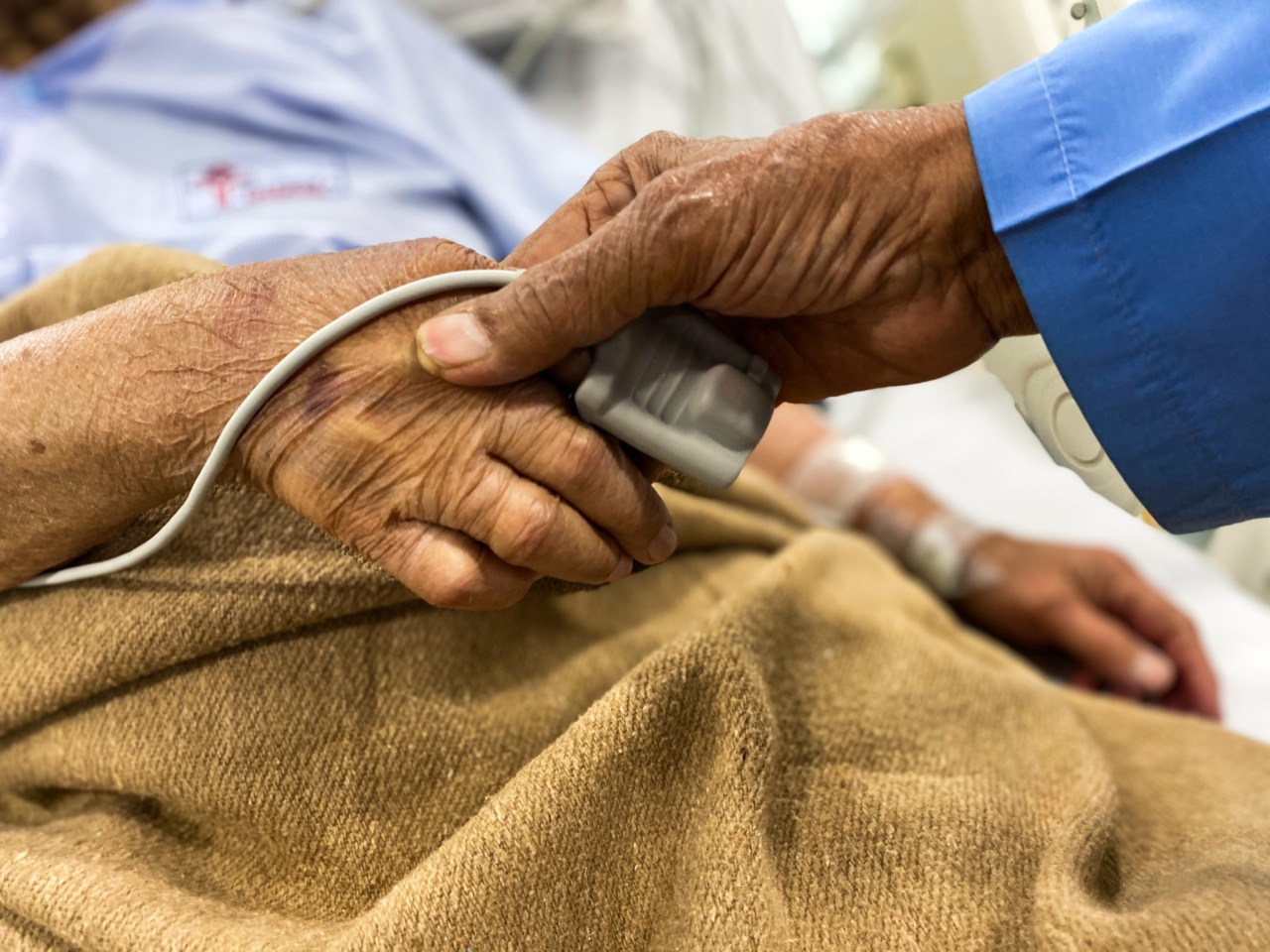Many people believe that age is just a number and that they can still feel young regardless of their chronological age. This mindset can have a significant impact on recovery from various health conditions, including injuries, surgeries, and illnesses.
Feeling younger can help people recover faster and maintain a better quality of life. In this article, we will explore how feeling younger can help with recovery.
Physical Benefits of Feeling Younger
One of the main benefits of feeling younger is the physical improvements that contribute to better recovery. When people feel younger, they tend to engage in more physical activity, which can enhance their overall health and well-being.
This increased physical activity can help with recovery by reducing the risk of complications, such as blood clots, pneumonia, and infections. Being active also helps to maintain muscle mass and bone density, which can be beneficial during recovery from injuries or surgeries.
Moreover, feeling younger can help alleviate chronic pain, another factor that often slows down recovery. Chronic pain can impede physical activity, limit one’s range of motion, and cause sleep disturbances, among other things.
However, feeling younger can boost the body’s natural painkillers, such as endorphins. This, in turn, can help relieve chronic pain and improve recovery rates.
Mental Benefits of Feeling Younger
Feeling younger does not just have physical benefits but also mental ones. For one, it can reduce stress and anxiety, which can be detrimental to recovery.
Chronic stress and anxiety can weaken the immune system, raise blood pressure, and increase the risk of depression, among other things. By feeling younger, people can engage in activities that promote relaxation and reduce stress, such as meditation, yoga, tai chi, or spending time in nature. Doing so can lead to better mental health, which, in turn, can aid recovery.
Furthermore, feeling younger can help maintain cognitive function, which is important both during and after recovery. Age-related cognitive decline can hinder recovery by impairing memory, attention, concentration, and executive function.
However, feeling younger can help improve cognitive function by promoting mental stimulation, brain training activities, and social interactions. This can help safeguard cognitive function and improve recovery rates.
Social Benefits of Feeling Younger
Feeling younger can also have social benefits that can aid recovery. When people feel younger, they tend to be more socially engaged, which can decrease isolation and loneliness, both of which can be detrimental to recovery.
Social interaction can provide emotional support, which can help reduce stress, enhance well-being, and speed up recovery.
Moreover, feeling younger can also improve relationships with healthcare providers, which can also boost recovery.
Feeling younger can promote active participation in rehabilitation, make patients more receptive to treatment recommendations, and lead to better adherence to medication regimens. Open communication and trust between patients and healthcare providers can improve the quality of care, reduce medical errors and complications, and ultimately lead to better outcomes.
Conclusion
Feeling younger can have numerous benefits that can help with recovery from various health conditions.
These benefits include physical enhancements, such as increased activity and pain relief, mental improvements, such as stress reduction and cognitive function, and social benefits, such as better relationships and support network. By cultivating a mindset that values feeling young, patients can take control of their recovery process, ensure better outcomes, and maintain a better quality of life.































